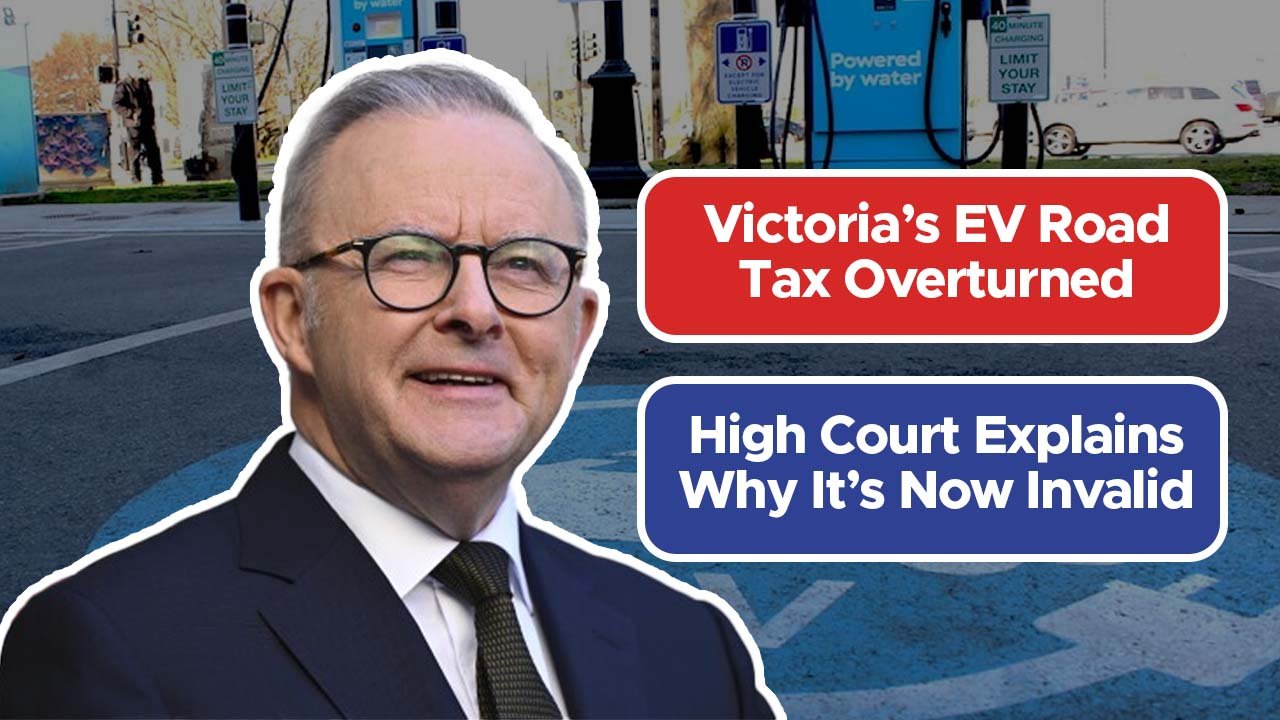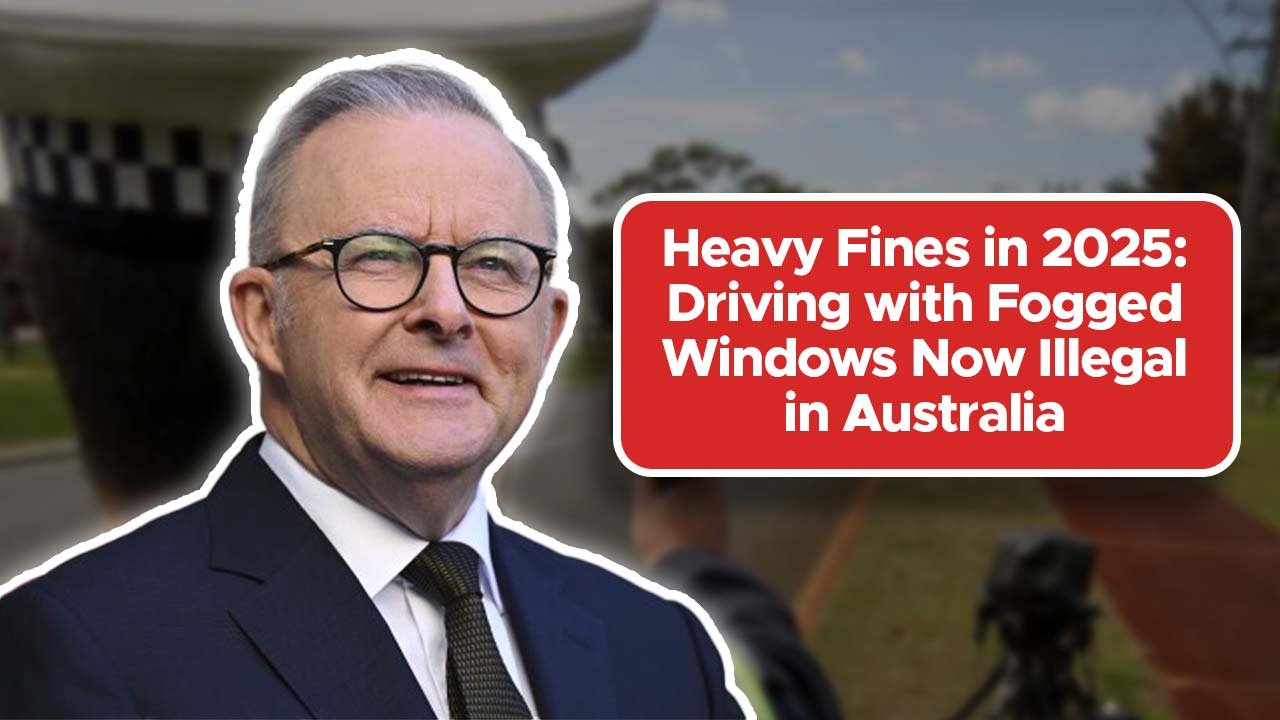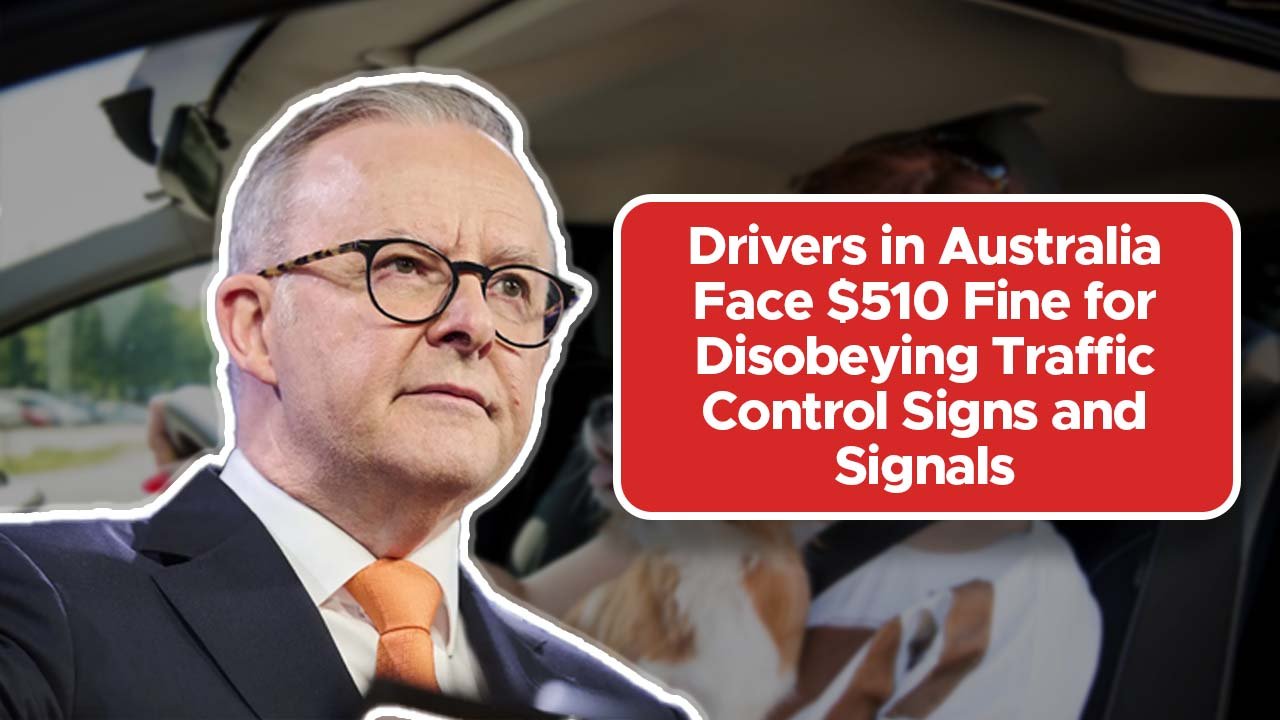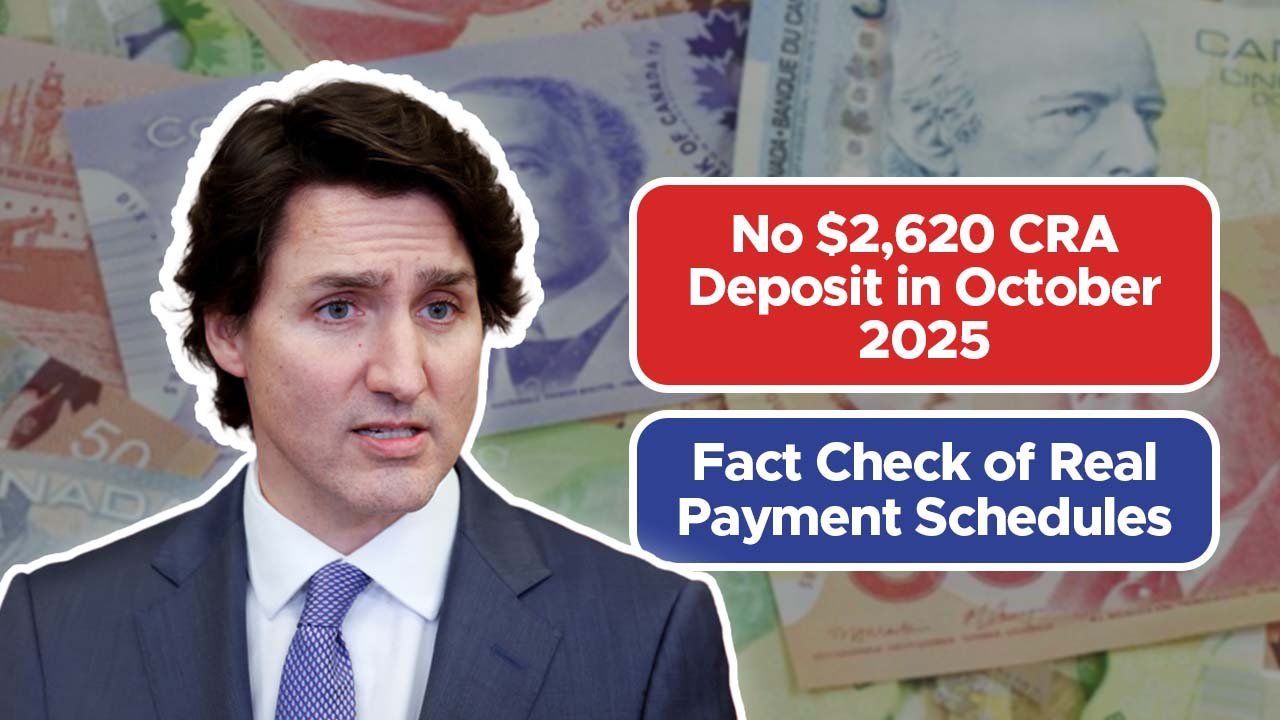The High Court has canceled the EV road user tax in Victoria, which is an important change for separate EV owners and Australia’s transport policies. The Court’s justification was based on constitutional and practical considerations, which are likely the first steps in removing road charges in the rest of the country.
Background of Victoria’s EV Road Tax
Victoria implemented a distance-based charge for zero and low emission vehicles. EV and hydrogen-powered vehicles were charged 2.8 cents per kilometer, while plug-in hybrids were charged 2.3 cents. The ZLEV charge was introduced to capture lost road maintenance revenue from EV drivers who are exempt from paying the fuel excise.
| Vehicle Type | Road Tax (per km) |
|---|---|
| EV/Hydrogen | 2.8¢ |
| Plug-in Hybrid | 2.3¢ |
Court Challenge and Outcome
Chris Vanderstock and Kath Davies, both from Victoria, took action against the ZLEV tax, claiming that it was an unconstitutional excise tax that was the domain of the Commonwealth. The High Court concurred with them narrowly at 4-3, with the majority decision holding that the tax was not a simple fee for the use of the roads, but a duty excise tax under section 90 of the Australian Constitution, which rests solely with the Commonwealth. Victoria’s law was thus declared invalid, and its enforcement ended.
Reasoning of the High Court
In a shifting of the legal goalposts, the High Court expanded the definition of excise duty to encompass not just the production or sale of a good, but the consumption and the use of that good, as in this case, motor vehicles. The use of the tax in this case with electric vehicles made it unconstitutional for a state government to impose. The ruling removed legal precedents and made it clear that the tax is a use tax and therefore, it is federal.
National Impact and Implications
The ruling not only invalidated Victoria’s territory tax, but it also set a precedent other states were likely to follow. Many states and territories supported Victoria’s position, but the High Court’s ruling clarified that any future road user charge on EVs will need to come from the Commonwealth, not the states. This opens the possibility for national, rather than state, policy reforms on the funding of road usage in the EV era.
Broader Policy and Environmental Considerations
The judgement was received positively by both industry and environmental groups because negatively designed road user charges will impede the uptake of EVs and efforts to decarbonize transport. Electric Vehicle Council advocates for a cohesive national approach to environmental road policy that will complement punitive road policies, rather than direct punitive policies. A federal measure would be more equitable in addressing the costs of road maintenance and the environmental impacts.
Anticipation
Victoria’s EV tax being invalidated means the federal government will need to create a sensible and uniform road user charge policy. There are conversations about a federal road user charge, but the specifics and the timeframe for implementation are still up in the air. There will be a need to fund for road infrastructure, the equity element will need to be worked on among vehicle owners, and a focus on the clean transition for Australia will need to be addressed.
Frequently Asked Questions
1. Why did the High Court overturn Victoria’s EV road tax?
The ZLEV charge was found to be an excise duty, which means it’s a tax on the consumption of goods and is legally a duty only the Commonwealth can impose per the Constitution.
2. Will other states still introduce EV road taxes?
No, the precedent means only the federal government can impose such taxes. This means similar state-based road tax levies are legally risky to implement.
3. What happens next for EV taxation?
The federal government is proposing a national road user charge, but specifics still need to be worked on.











